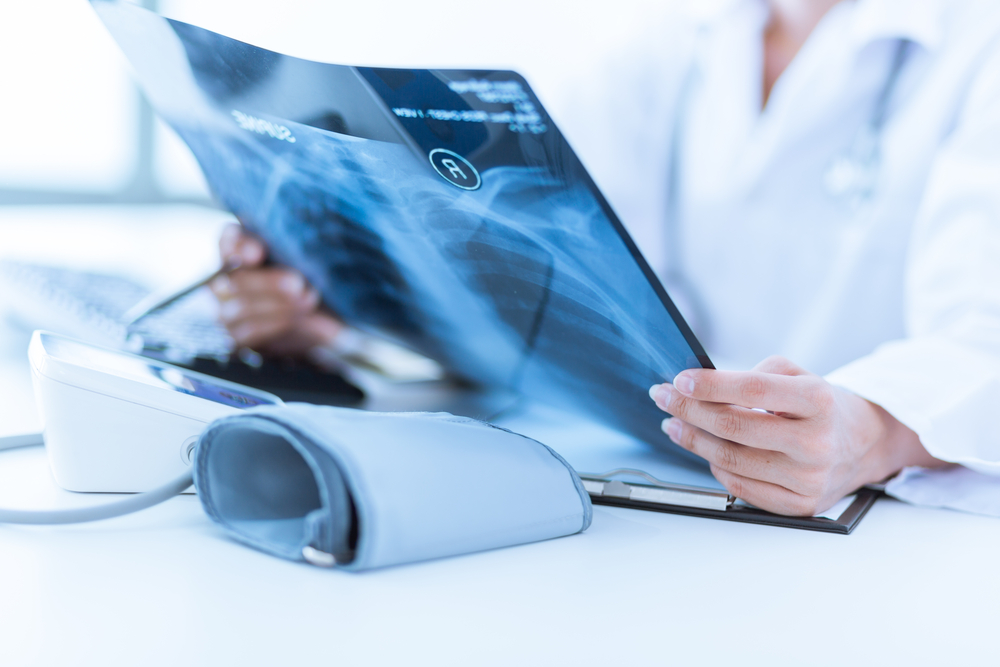

Precision in Medical Imaging: Exploring Advanced Radiology Services
In the realm of modern healthcare, advanced radiology services stand as a cornerstone, providing precise and invaluable insights through medical imaging technologies. This article delves into the multifaceted world of radiology services, examining their significance, the diverse range of imaging modalities available, and the pivotal role they play in diagnosis and treatment.
The Significance of Radiology Services
Radiology services encompass a broad spectrum of diagnostic imaging techniques crucial for healthcare decision-making. These services are pivotal in detecting and diagnosing a myriad of medical conditions, guiding treatment plans, and monitoring the effectiveness of interventions. The non-invasive nature of medical imaging reduces the need for exploratory surgeries and enhances the efficiency of medical care.
Diverse Imaging Modalities: A Technological Landscape
One of the key strengths of radiology services lies in the diversity of imaging modalities at their disposal. From traditional X-rays and computed tomography (CT) scans to magnetic resonance imaging (MRI) and nuclear medicine, each modality offers unique insights into different aspects of the body’s structure and function. This diversity allows healthcare professionals to choose the most suitable imaging technique based on the specific clinical question.
X-ray Imaging: Capturing Structural Details
X-ray imaging remains a fundamental component of radiology services, providing detailed images of the body’s internal structures. Commonly used for skeletal examinations, detecting fractures, and assessing lung conditions, X-rays offer a quick and efficient means of capturing structural details with minimal patient discomfort.
Computed Tomography (CT): Cross-Sectional Precision
CT scans, utilizing X-ray technology, offer cross-sectional images of the body with exceptional precision. This modality is instrumental in visualizing soft tissues, blood vessels, and organs. CT scans are widely employed for diagnosing conditions such as tumors, vascular diseases, and traumatic injuries, providing three-dimensional insights that aid in treatment planning.
Magnetic Resonance Imaging (MRI): Detailed Soft Tissue Visualization
MRI, based on magnetic fields and radio waves, excels in capturing detailed images of soft tissues, such as the brain, joints, and internal organs. This imaging modality is particularly valuable for neurological, musculoskeletal, and abdominal assessments, offering superior contrast resolution and helping to differentiate between healthy and abnormal tissues.
Nuclear Medicine: Functional Imaging
Nuclear medicine focuses on the functional aspects of organs and tissues. By introducing small amounts of radioactive substances into the body, this modality can track physiological processes, such as blood flow and metabolic activity. Nuclear medicine plays a critical role in diagnosing conditions like cancer, evaluating organ function, and guiding targeted therapies.
Ultrasound: Real-Time Imaging with Safety
Ultrasound, utilizing sound waves, provides real-time imaging of organs and structures. Widely known for its safety and versatility, ultrasound is commonly used in obstetrics for fetal monitoring, as well as for imaging abdominal organs, the heart, and blood vessels. Its dynamic nature allows for real-time visualization, making it invaluable in various medical scenarios.
Interventional Radiology: Precision in Treatment
Beyond diagnostics, radiology services extend to interventional procedures. Interventional radiology involves using imaging guidance for minimally invasive treatments. Examples include angiography for blood vessel interventions, image-guided biopsies, and the placement of medical devices. This approach minimizes the need for traditional surgery, reducing risks and enhancing patient recovery.
Radiology Services: A Key Player in Multidisciplinary Care
In the era of multidisciplinary healthcare, radiology services serve as a crucial link between various medical specialties. Imaging findings guide surgeons, oncologists, neurologists, and other specialists in making informed decisions about patient care. The collaborative nature of radiology reinforces its role as an integral component of comprehensive medical services.
Advancements and Future Trends
As technology evolves, so do radiology services. Advancements such as artificial intelligence (AI) and 3D imaging continue to enhance the precision and efficiency of medical imaging. These innovations promise to further refine diagnostic accuracy, streamline workflows, and contribute to more personalized and effective patient care.
To explore the world of advanced radiology services, visit Radiology Services.









